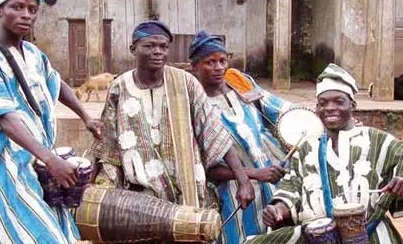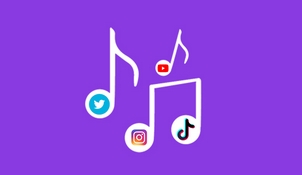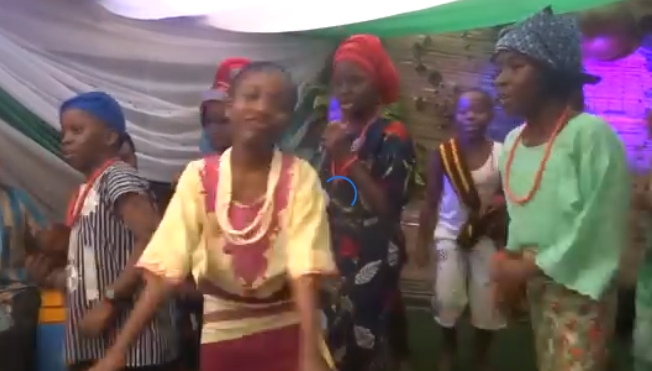
support@yorubalibrary.com
+2348073529208, 07038599574

Dance is an integral part of Yoruba culture, serving as a powerful means of expression and communication. Among the various traditional dances, Bata and Dundun stand out for their unique rhythms and cultural significance. This article explores the origins, styles, and cultural importance of these two Yoruba dances.
The Significance of Dance in Yoruba Culture
In Yoruba culture, dance is not just entertainment; it is a vital part of religious rituals, social ceremonies, and storytelling. Through dance, the Yoruba people celebrate their history, communicate with the spiritual world, and strengthen community bonds. Bata and Dundun dances are prime examples of this rich tradition.
The Bata Dance
Origins and History
The Bata dance is closely linked to the Yoruba deity Sango, the god of thunder and lightning. Traditionally performed during Sango festivals, this dance has deep religious and cultural roots, symbolizing power, energy, and divine connection.
Style and Movements
The Bata dance is characterized by its energetic and rhythmic movements, often synchronized with the beats of Bata drums. Dancers move in vigorous patterns, reflecting the dynamic nature of Sango. The dance involves intricate footwork, rapid spins, and expressive arm gestures, creating a captivating performance.
Cultural Significance
The Bata dance is more than a performance; it is a form of worship and a way to honor Sango. It also serves as a means of preserving Yoruba heritage, passing down traditions and stories through generations. The dance fosters a sense of identity and community among the Yoruba people.
The Dundun Dance
Origins and History
The Dundun dance is associated with the talking drum, known as the Dundun. This drum is unique for its ability to mimic the tones of the Yoruba language, making it an essential tool for communication and storytelling. The Dundun dance has roots in various social and religious contexts, often performed at festivals, celebrations, and ceremonies.
Style and Movements
The Dundun dance features more fluid and graceful movements compared to the Bata dance. Dancers often follow the rhythm and tonal variations of the Dundun drum, creating a dialogue between the drum and the dancer. This dance involves swaying motions, subtle steps, and expressive hand gestures, emphasizing the harmony between music and movement.
Cultural Significance
The Dundun dance highlights the importance of music and language in Yoruba culture. It is a way to celebrate life events, convey messages, and maintain social cohesion. The dance also showcases the artistic and creative talents of the Yoruba people, emphasizing the connection between rhythm, language, and culture.
Conclusion
Bata and Dundun dances are vital components of Yoruba cultural heritage. They embody the rich history, religious beliefs, and social values of the Yoruba people. Through their unique styles and movements, these dances continue to play a significant role in preserving and promoting Yoruba traditions.

The emergence of new age social media and impact i…

The symbolism of olden days songs in contrast with…